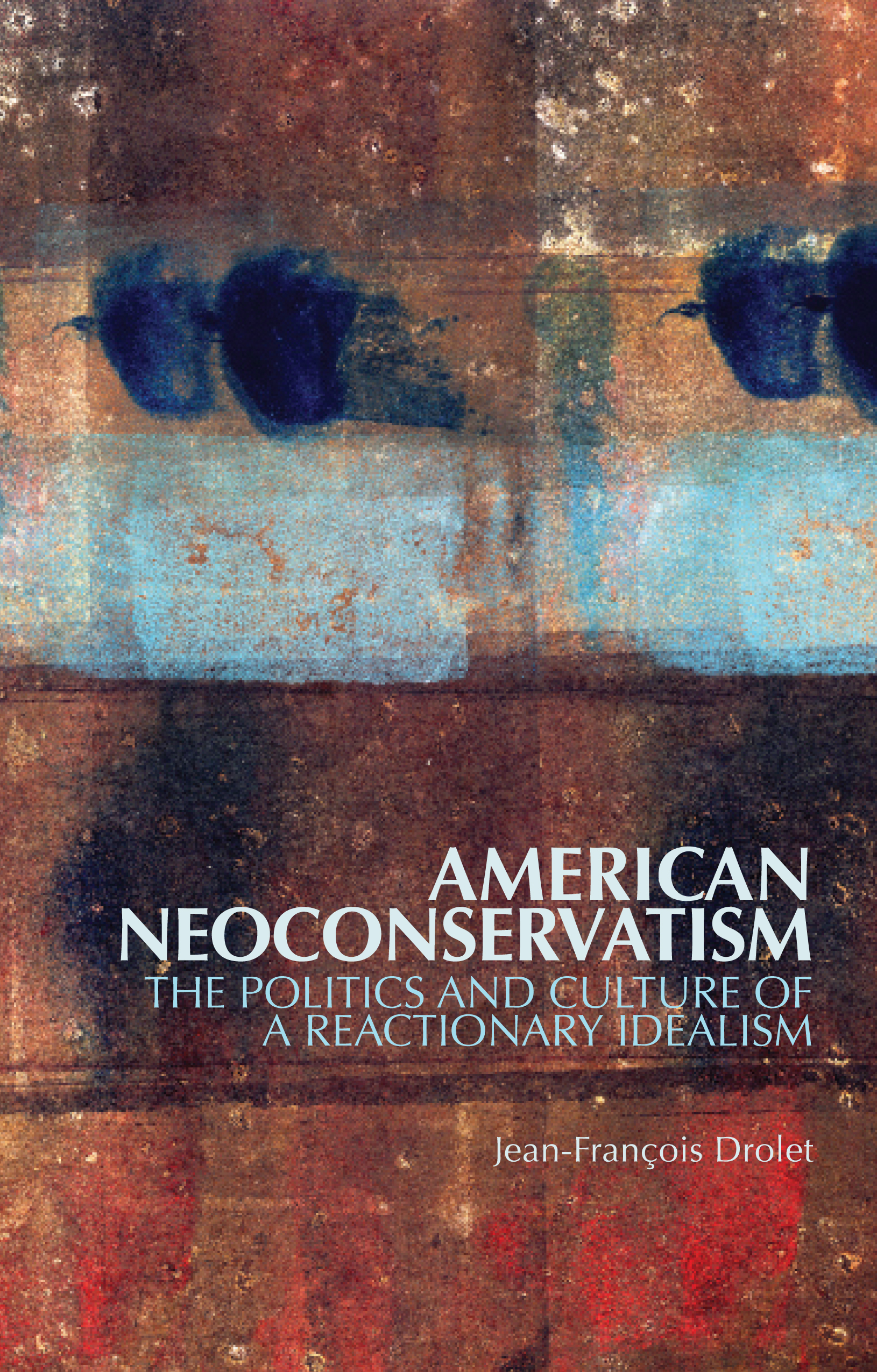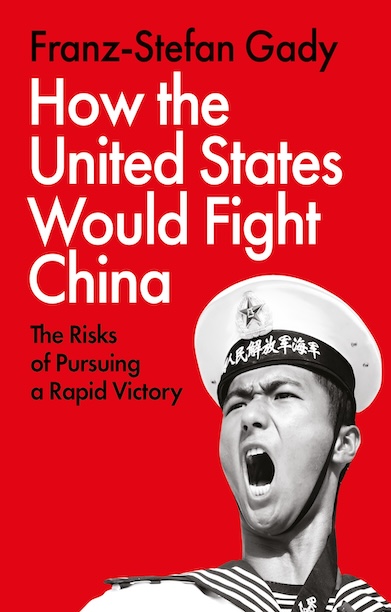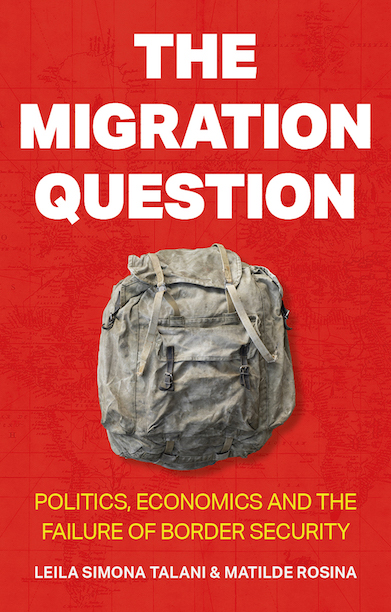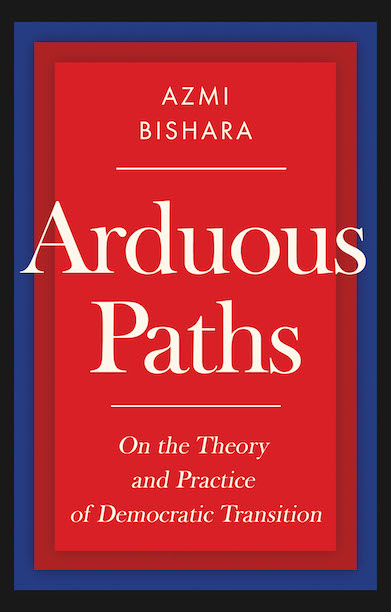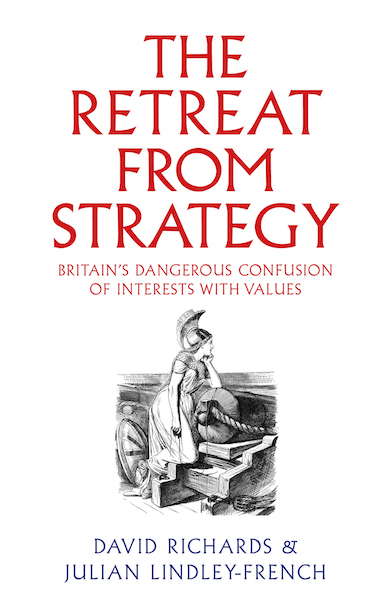Description
American Neoconservatism moves beyond recent debates over the intricacies of the Bush administration’s foreign policy to offer a deeper look at the philosophical premises of this ‘new’ conservatism in light of the historical events and changing social compacts that have created a demand for it over the past decades.
It surveys neoconservative discourses on democracy, the liberal state, capitalism, national security, international law and global liberal governance, and draws attention to the systematic links between the domestic and international dimensions of neoconservative political sociology.
Taking issue with neoconservatism’s self-image, Drolet argues and demonstrates that American neoconservatism is not the centrist ‘liberal’ conservatism that it pretends to be — and that many analysts have diagnosed in recent years. To the extent that neoconservatism is committed to the Enlightenment discourse of liberalism, these commitments are firmly subordinated to an authoritarian form of cultural and philosophical conservatism, which is in fact ferociously predatory on liberal values and practices. Neoconservatism is not a conservative variant of liberalism but a deeply atavistic reaction to liberal modernity. It owes a lot more to the authoritarian intellectual milieu of interwar Europe than to the liberal tradition that its protagonists allegedly want to reform and protect against its enemies.
Reviews
‘Jean-François Drolet’s American Neoconservatism, a concise blend of political theory, intellectual history, and contemporary politics, marks one of those rare occurrences of highly relevant academic literature. Drolet’s aim in the work is to challenge the neoconservative hearkening for a moral, united America by uncovering the doctrine’s anti-Enlightenment ideological roots, and so reveal it as an ideology based on anti-liberal values. His message is a persuasive one, and he adds to it with insight into the ambiguous position neoconservatism has in contemporary American politics: that is, in our current state of blurry post-neoconservatism.’ — Harvard Political Review
‘This is a very good book. The author weaves together a solid historical account of the evolution of American neonconservatism, a sophisticated exploration of its theoretical foundations, and a powerful assessment of its political significance past and present.’ — Michael C. Williams, Professor in the Graduate School of Public and International Affairs, University of Ottawa
‘This is the best book on Neo-Conservatism that I have read. Drolet combines an almost encyclopedic knowledge of the key ideologues in the movement with a highly sophisticated use of political philosophy. The result is a very readable book that is set to become definitive.’ — Toby Dodge, Senior Fellow for the Middle East, the International Institute for Strategic Studies
‘Jean-François Drolet has written an excellent book examining the ideological origins and foreign policy consequences of American neoconservatism. It is a work of a very high standard that should find responsive audiences in a number of areas within international relations and political thought.’ — Marc Stears, University of Oxford, author of Demanding Democracy: American Radicals in Search of a New Politics
‘[An] eloquently written, stringently argued book…. Highly recommended.’ — Choice
‘This is an original and sophisticated analysis of the philosophical, cultural, and intellectual foundations of neoconservatism. The basic argument of the book is quite idiosyncratic and challenges the common wisdom and mainstream literature about neoconservatism.’ — Mario Del Pero, H-Diplo
Author(s)
Dr Jean-François Drolet is Senior Lecturer in International Relations at Queen Mary University, London. He studied at Oxford University, the LSE and Lund University and his articles have appeared in Millennium, the Review of International Studies, International Politics and the Journal of Political Ideologies.
